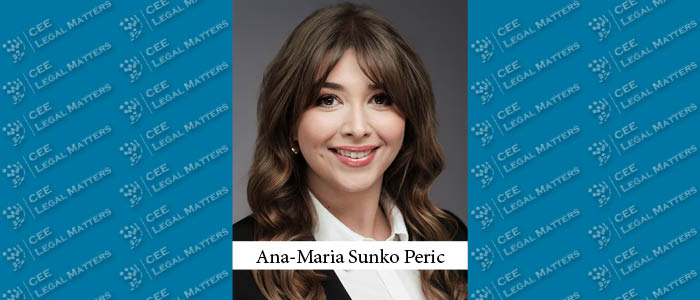Liniya Prava is reporting that it successfully represented JSC RUSNANO in a lawsuit initiated by the bankruptcy trustee of OJSC Smolenskiy Bank challenging a number of transactions worth approximately RUB 700 million.
According to Liniya Prava, “the bankruptcy trustee’s claims were based on the fact that shortly before the bankruptcy of OJSC Smolenskiy Bank, JSC RUSNANO entered into a number of transactions acquiring the debtor’s assets, which, in the bankruptcy trustee’s opinion, were fictitious and had only one objective – to pull out the debtor’s liquid assets from the bankruptcy estate."
The the Arbitrazh court of Smolensk Region — the court of first instance — initially satisfied the bankruptcy trustee’s claims. However — and, the firm reports, “thanks to the efforts of Liniya Prava’s team” — in the appellate and cassation courts "the respondent managed to prove that the transactions being challenged had been made in the ordinary course of business and had no illegal objectives, therefore the court of the first instance didn’t have grounds to declare them fictitious."
The twentieth Arbitrazh Appellate Court set aside the ruling of the court of the first instance and the Arbitrazh Court for the Central District confirmed the decision of the appellate court.
RUSNANO’s interests were represented by Liniya Prava Senior Associate Alexey Kostovarov, who commented that "this success is important for the entire market, which — in an environment where a lot of banks are losing their licenses — is threatened by the possibility that the State Corporation Deposit Insurance Agency, serving as banks’ bankruptcy trustee, would challenge the banks’ transactions. Our victory demonstrates once again that not all the transactions with a bank entered into shortly before the bank’s license was revoked are to be considered illegal; many among such transactions are clearly ordinary in a bank’s business activities."






























